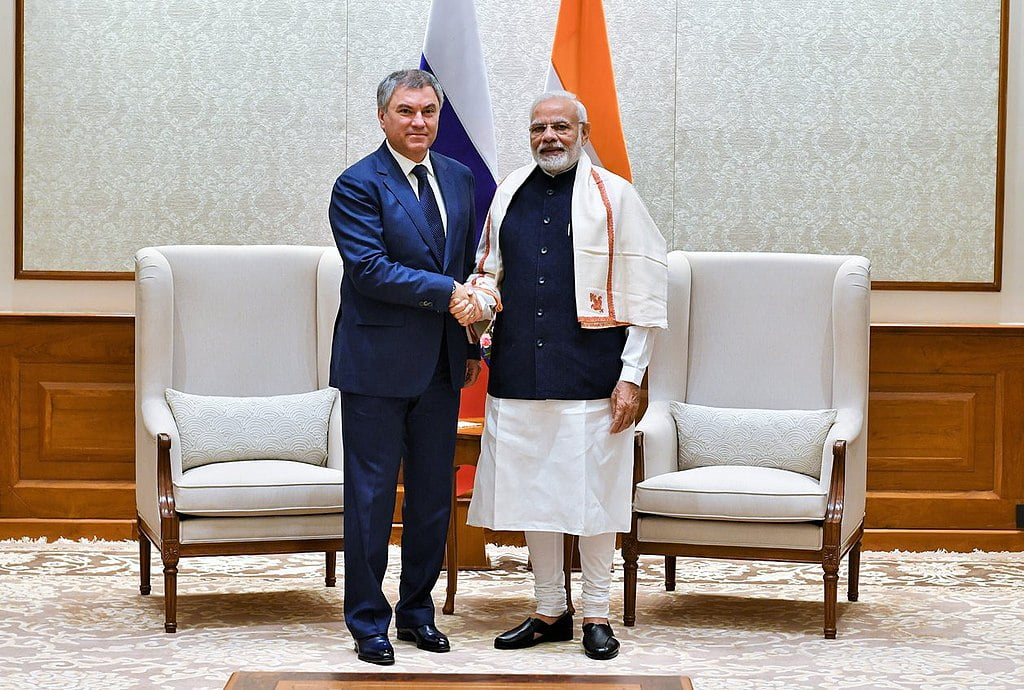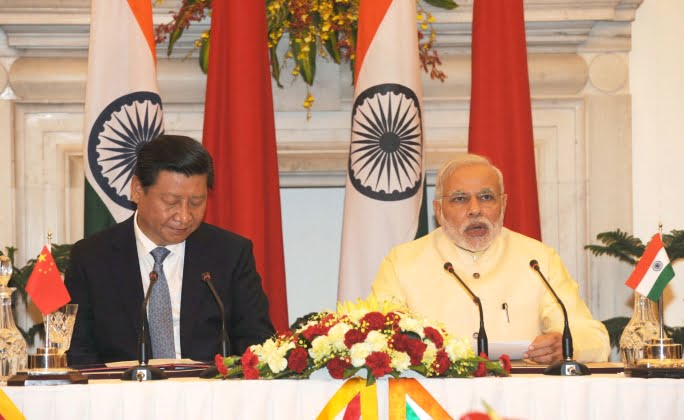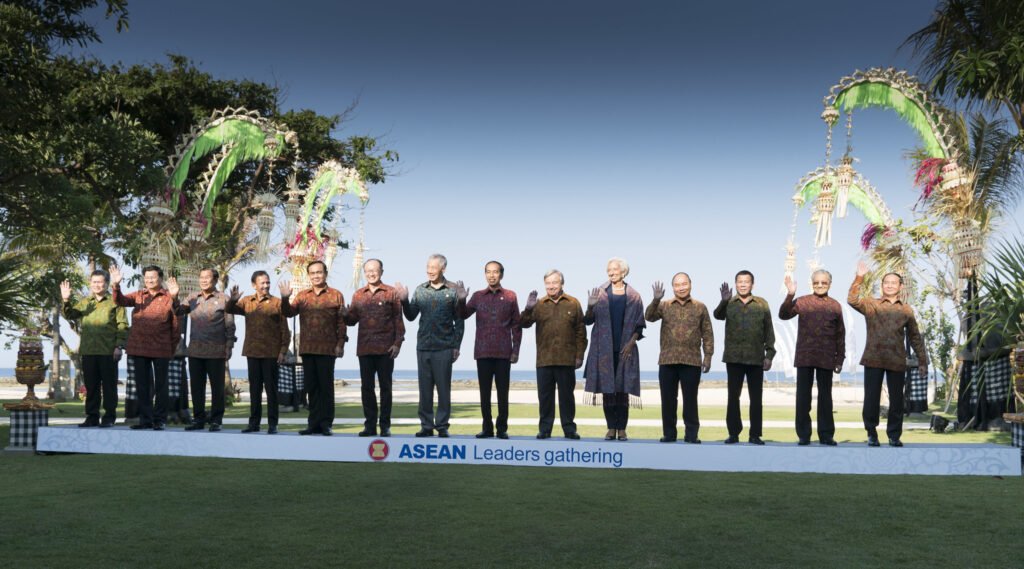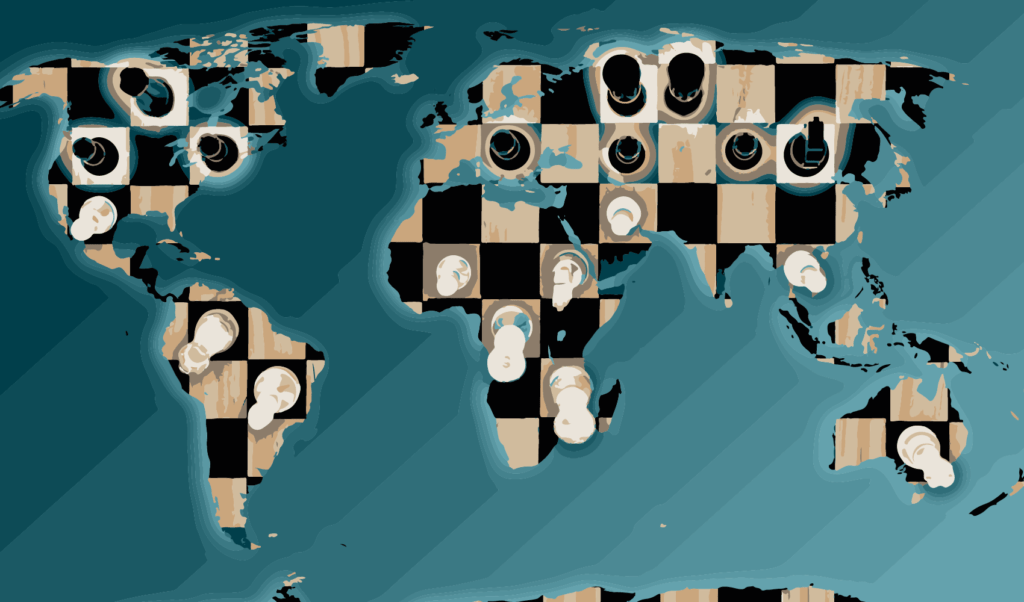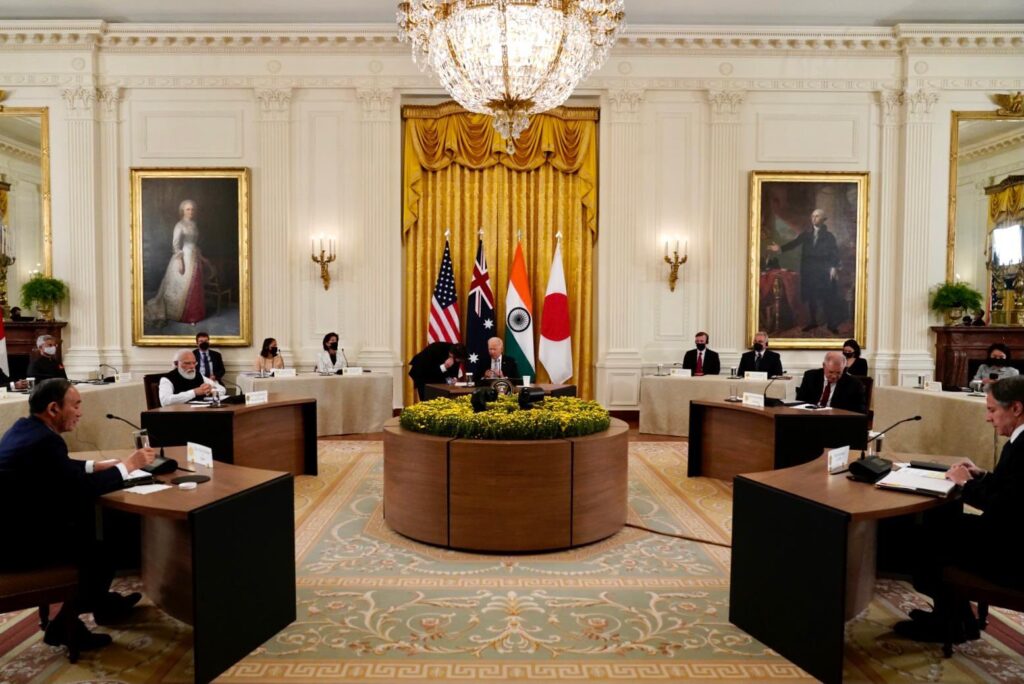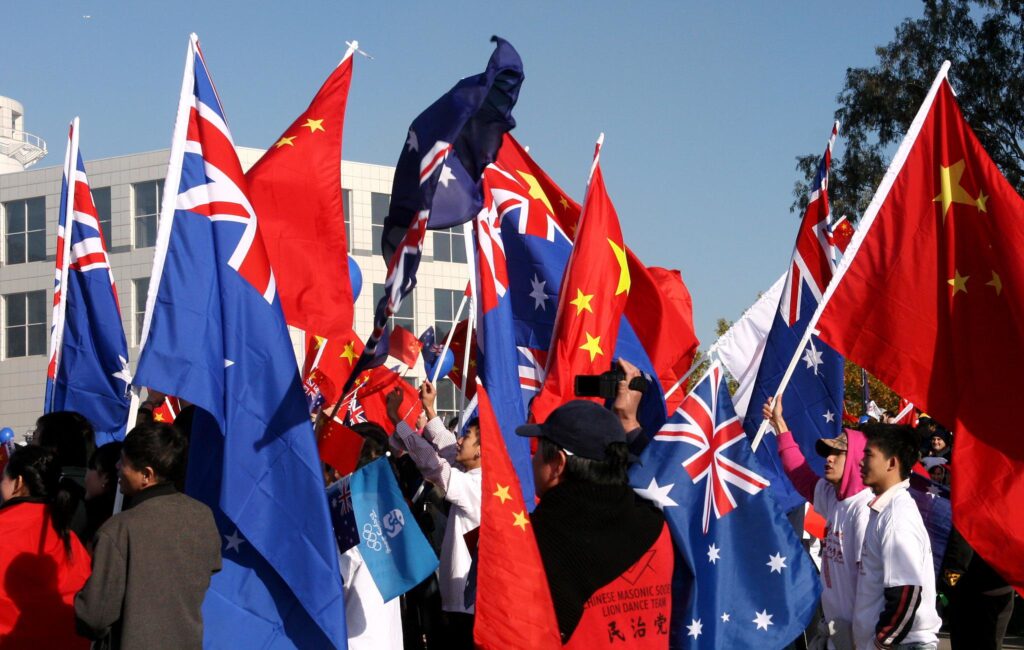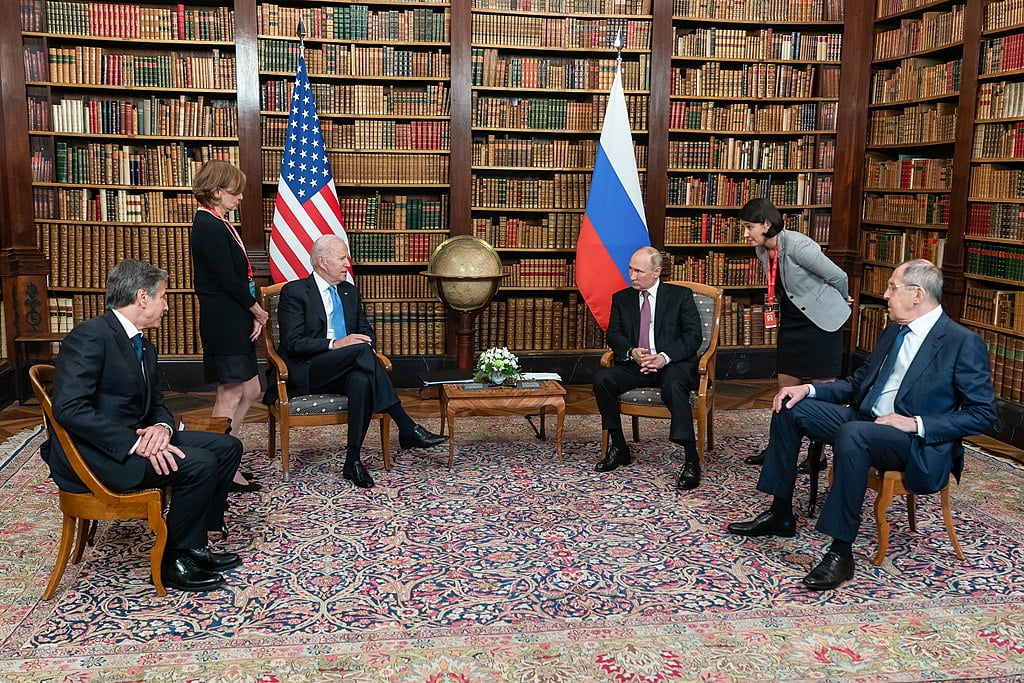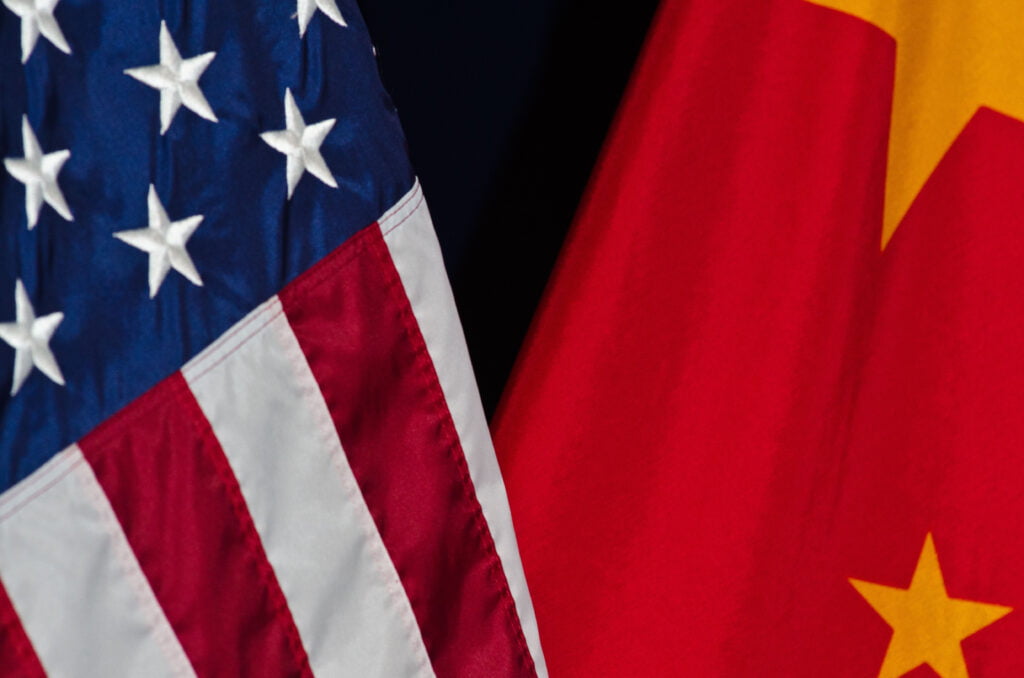Examining military and political alliances from the perspective of the global South leads to some uncomfortable questions about ‘good’ and ’bad’.
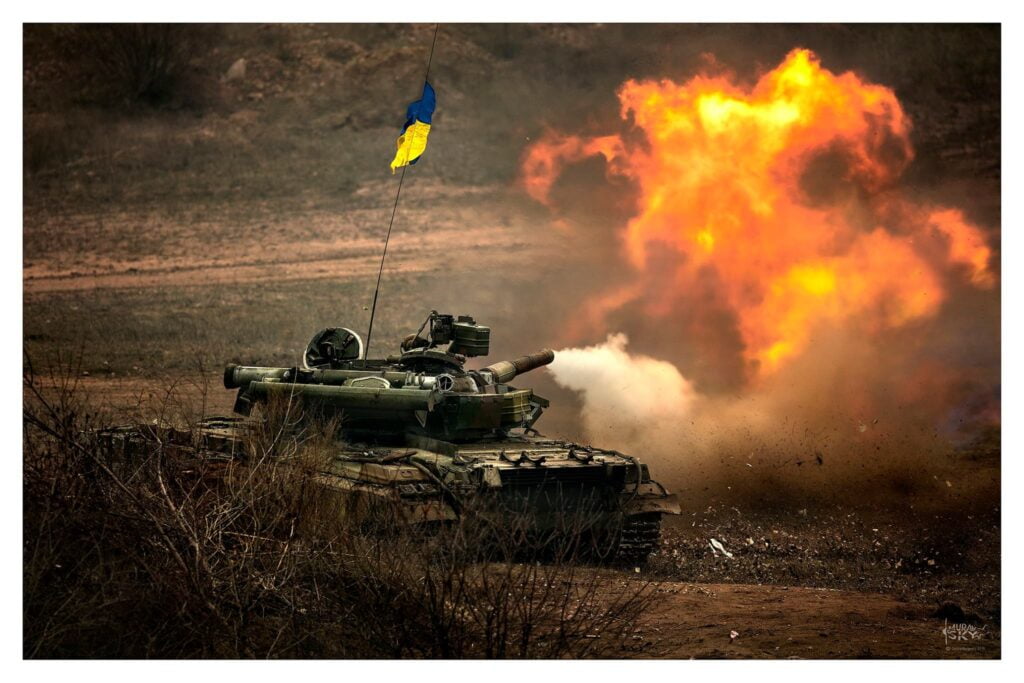 A distant war creates no impetus for the global South to pick a side: Ukraine Ministry of Defence
A distant war creates no impetus for the global South to pick a side: Ukraine Ministry of Defence
Examining military and political alliances from the perspective of the global South leads to some uncomfortable questions about ‘good’ and ’bad’.
Former Tanzanian president Julius Nyerere once said: “When the elephants fight, the grasshoppers die; when the elephants make love the grasshoppers die.”
It’s through this lens that many in the global South are watching the war in Ukraine, a European war that while distant, is driving a rethink of what it means to be neutral.
Historically, smaller nations have preserved their right to remain non-aligned. They did so from the 1950s to the 1970s in the context of the Cold War when the Americans and the imperialist West demanded the rest of the world choose a camp.
In the neoliberal time, there is often no ‘just war’. Neoliberalism has fragmented identities, increased territorial wars, and sharpened insecurities. Military alliances have proliferated and seas, oceans, and the air have been militarised to an unprecedented degree. All these have been in the background of extractive capitalism, which has turned, water, precious metals, air, and sub-soil resources into fiercely competitive commodities. The conflicts produced from these geo-economic and geopolitical conflicts often have no ‘good’ sides and ‘bad’ sides. To craft peace politics, the first requirement is to first refuse to take sides and then resist the pressure to take a side. But to do so means being against the Western tradition of transnational military alliances.
In the global South, notwithstanding many other reasons for violence, there are no such military alliances and security apparatuses. It’s legitimate then for the non-aligned to ask: why is NATO required at all? What does the postcolonial world have to do with military alliance? And who gave NATO the power to bomb Serbia or Libya or enter Afghanistan?
Policymakers the world over have to learn to appreciate and include non-European ways of looking at the questions of war and peace if they seriously want to work on transnational politics of peace. Hence the silence of the global South on the Ukraine conflict is significant.
A conflict in the West is not necessarily a global conflict. Indeed, there are greater possibilities of reconciliation and resolution of such conflicts if they are kept local. If a large section of the world says they have nothing to do with a war, such a stance should be welcomed. Not everything has to be globalised. The West does not take sides when, for example, two countries in sub-Saharan Africa or two countries in Asia go to war. They instead choose to become referees.
Though people often categorise conflicts and wars as ‘good’ or ‘bad’, a more pertinent question to ask would be about Europe and the US taking a moralistic view of the war in Ukraine. Those nations did not take a position on, for example, the Balkan war in 1990s, civil wars in many African countries, or the ethnic wars in other lands. If in Ukraine the high moral ground is “democracy”, how did this not also pertain to other wars?
With its unilateral sanctions, the West has made the economy a part of warfare. It accuses Russia of killing civilians in Ukraine. Yet Western sanctions will impoverish civilian Russians as in the past they have impoverished Iranians, Iraqis and North Koreans.
Thousands of children in Iraq became malnourished and many died in the wake of sanctions, according to a UN and other studies. Baby food did not reach them. Sanctions left Iraq and Iran completely stripped of their assets, unable to earn anything through exports. Now Afghan assets in US banks have been impounded, and Afghanistan faces hunger, malnutrition, displacement, and destitution. Sanctions weaponise the living conditions of common people.
Sanctions are also discriminatory. Where, for instance, are the sanctions on Israel for killing thousands of Palestinians in Gaza or the West Bank? What about the manufactured charge that Saddam Hussein was developing weapons of mass destruction – both nuclear and chemical — the ‘rationale’ for the subsequent war against Iraq? To think that the global South does not understand the politics of sanctions is to hark back to the colonial way of thinking that the rulers know much better than the ruled.
To think from the perspective of the South means to think from the margins and interrogate what is being presented as the truth. That is why there is much to understand from the response from the global South. If the global South is thinking in a ‘selfish’ way, is Western Europe’s view of the South also ‘selfish’? The global South can refuse to be part of the global power game.
In a multipolar geopolitical scenario, ‘ganging up’ will happen as big powers also pursue their own interests. America is trying to bypass what one might call ‘old Europe’ in pursuit of control over ‘new Europe’, which is eastern Europe.
The British have exited western Europe and are dancing to American tunes but at the same time trying to build new bridges with eastern Europe. And western Europe now seems to understand that it has to strike out on its own; that it has to emerge as an autonomous power. It cannot do so unless it is a military power. Yet, ganging up will happen. This is the new reality in which the financial power of the West plays a central role.
The global South could not have had the Non-aligned Movement of 1961 without the presence of socialist China and the Soviet Union. However, China’s policy is no longer built around the global South, and the Soviet Union is no more. Indeed, China lacks any policy of organising or facilitating a separate voice of the South in global matters. China’s geopolitical approach seems to have become mercantilist – focusing only on trade and economy, as if politics were determined by commerce. However, politics is determined only partly by that.
Even the economic game is not completely managed by mercantile rules or by trade and logistics alone. China does not have any ambition to turn BRICS (Brazil, Russia, India, China and South Africa) into a political bloc.
And Russia cannot re-enact the Chinese way of development — it cannot become the factory of the world. China’s success came at a specific historical moment against the backdrop of specific national and global contexts.
As the East and the West are being remade in this economic environment, the South is also being reshaped. The global South will also have to be reimagined or reconfigured. War is more likely to remake the South than the economy. War will continuously force the South to face some of the questions it wants to avoid.
In the remaking of national economies how will interests coalesce? How will a united front of the nations of the global South emerge?
The global South, by refusing to play the game of the North and being neutral, may be a pointer in that direction.
Ranabir Samaddar is Distinguished Chair in Migration and Forced Migration Studies, Calcutta Research Group, Kolkata, India. A theorist in the field of migration and forced migration studies, his writings on migration, forms of labour, urbanisation, and political struggles have signalled a new turn in post-colonial thinking. Among his influential works are The Marginal Nation: Transborder Migration from Bangladesh to West Bengal (1999) and Karl Marx and the Postcolonial Age (2018). His most recent publication is written in the background of the COVID pandemic, A Pandemic and the Politics of Life (2021)
Originally published under Creative Commons by 360info™.


